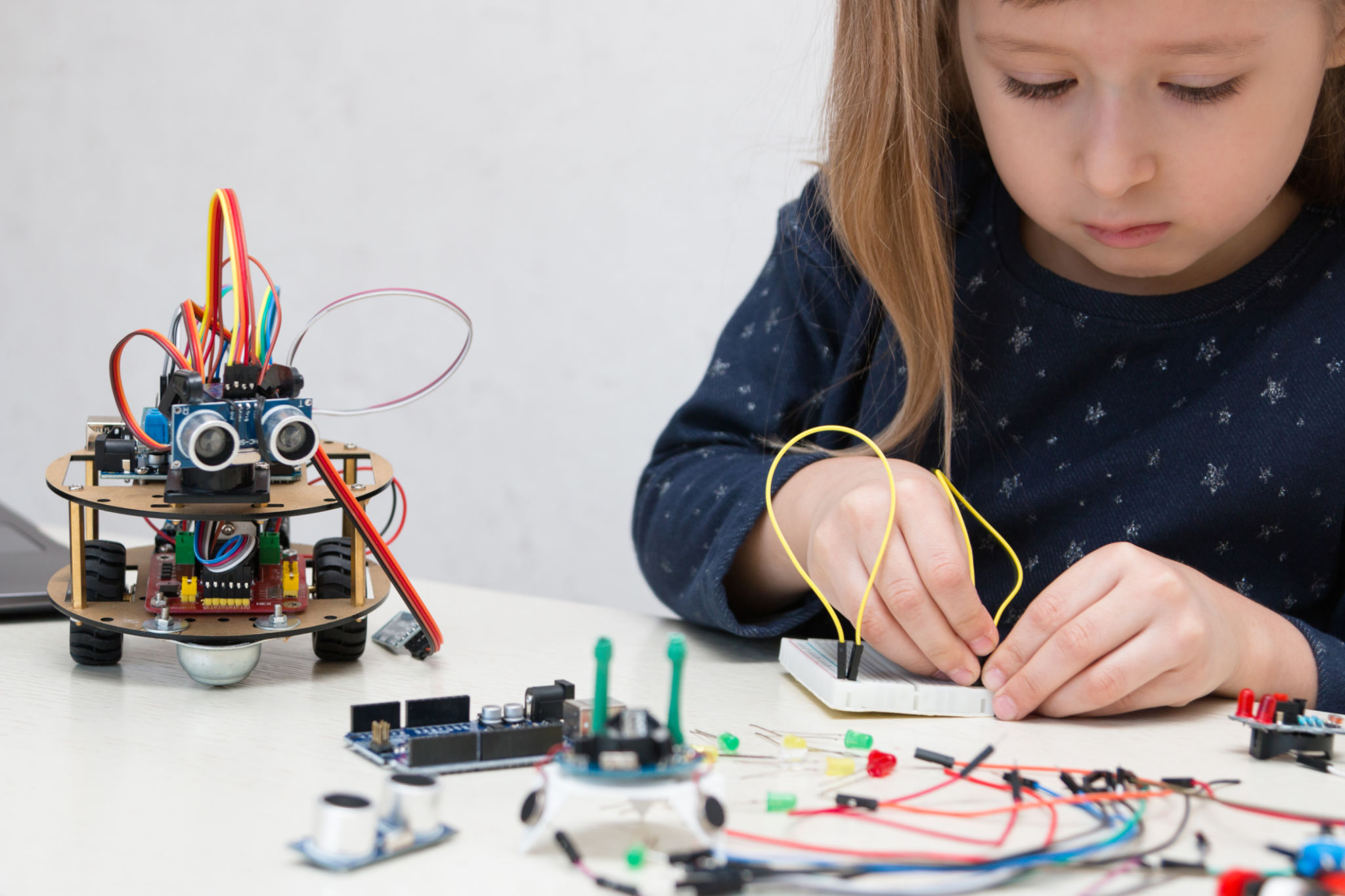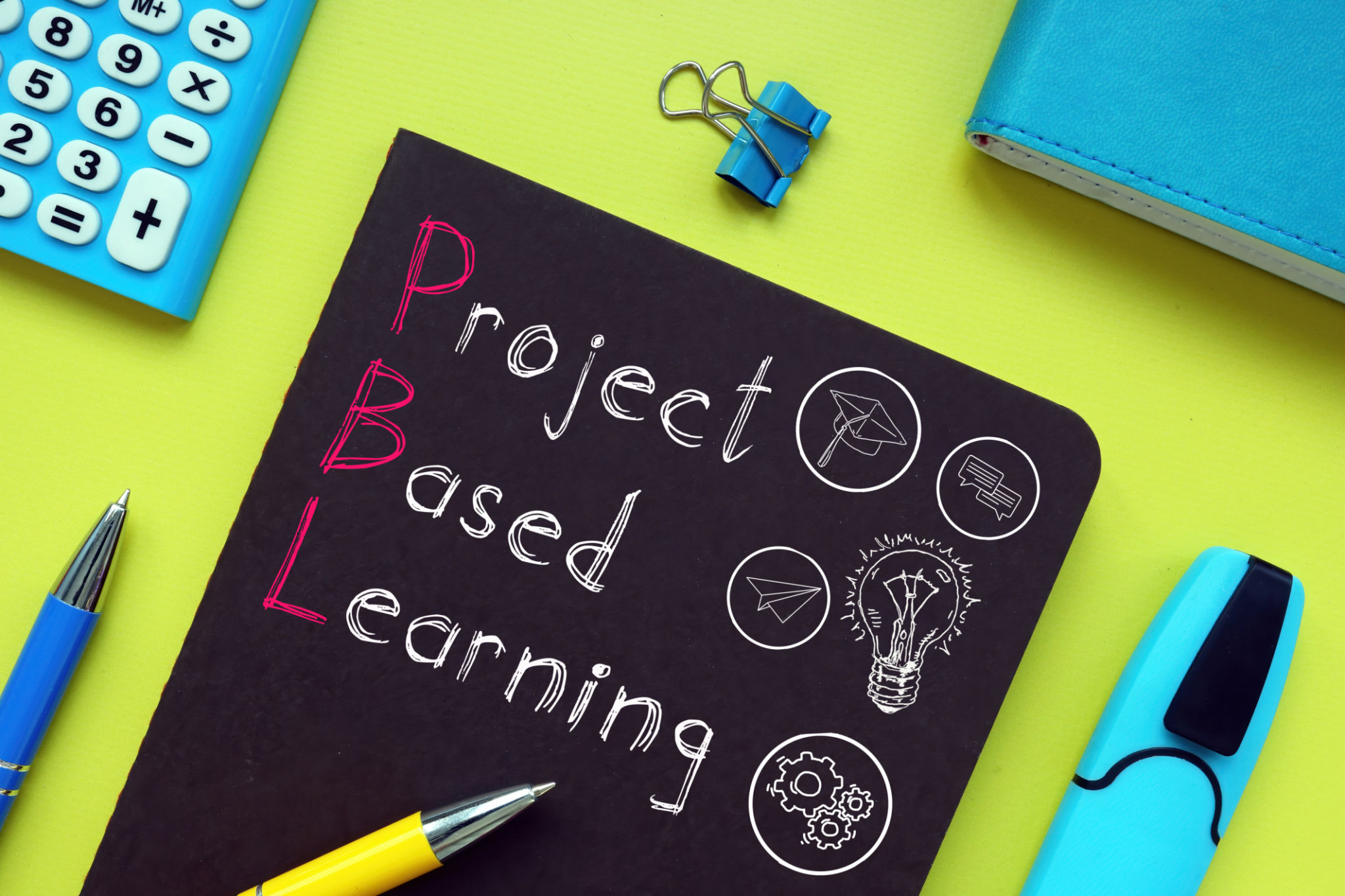The Latest Trends in Science Education and Tutoring
Introduction to Modern Science Education
Science education is evolving rapidly, adapting to technological advances and shifting educational paradigms. The emphasis is now on providing students with an engaging, hands-on learning experience that fosters critical thinking and problem-solving skills. This shift is transforming how science is taught in classrooms and through tutoring services around the globe.

Integrating Technology in Science Lessons
One of the most significant trends in science education is the integration of technology into the curriculum. Digital tools such as virtual labs and simulations are making complex scientific concepts more accessible. These tools provide students with interactive experiences that traditional textbooks cannot offer, allowing them to experiment and explore in a virtual environment.
Moreover, augmented reality (AR) and virtual reality (VR) are becoming increasingly popular in classrooms, offering immersive experiences that bring abstract scientific phenomena to life. By using AR and VR, educators can demonstrate everything from the molecular structure of compounds to planetary movements in a way that is both engaging and informative.
Focus on STEM and STEAM Education
STEM (Science, Technology, Engineering, and Mathematics) education has been a focal point for many schools, but the trend is now shifting towards STEAM, which incorporates the Arts. This approach recognizes the importance of creativity in scientific innovation and encourages students to think outside the box. By blending art with science, students develop a more comprehensive skill set that is crucial for future scientific endeavors.

Personalized Learning Through Tutoring
As education becomes more personalized, tutoring services are evolving to meet individual students' needs. Tutors are now incorporating adaptive learning technologies that tailor lessons to a student's unique learning style and pace. This approach ensures that students receive the support they need to master difficult concepts.
Additionally, online tutoring platforms are gaining popularity, offering flexible schedules and access to a wide range of resources. These platforms connect students with expert tutors from around the world, providing a diverse array of perspectives and teaching methods.
Project-Based Learning
Project-based learning is another trend gaining traction in science education. This method focuses on real-world applications, encouraging students to engage in collaborative projects that solve actual scientific problems. By working on projects that have tangible outcomes, students develop critical thinking and teamwork skills that are essential in the scientific community.

The Role of Data Science
With data becoming an integral part of our daily lives, data science is being incorporated into science curricula to better prepare students for the future. Educators are teaching students how to collect, analyze, and interpret data, providing them with skills that are highly sought after in today's job market.
Understanding data science principles allows students to make informed decisions based on empirical evidence, a skill that is invaluable across various scientific fields. As a result, more schools are introducing data science courses as part of their core science programs.
The Future of Science Education
The latest trends in science education and tutoring are shaping a future where students are not only knowledgeable but also adaptable and innovative thinkers. By embracing technology, personalized learning, creative approaches like STEAM, and practical applications such as project-based learning and data science, educators are equipping students with the tools they need to succeed in an ever-evolving scientific landscape.
